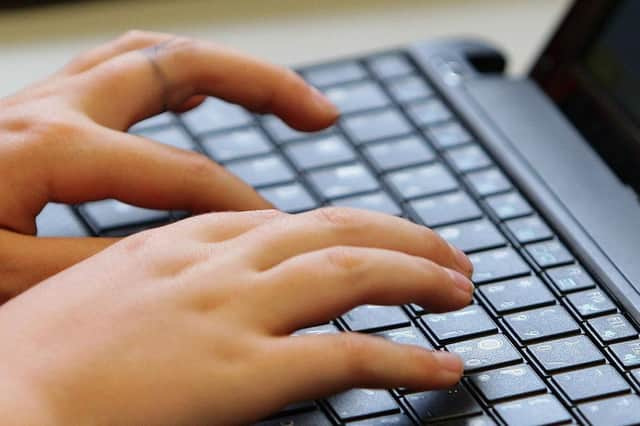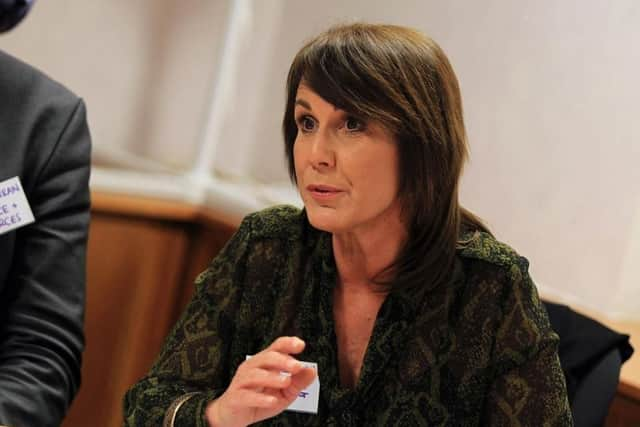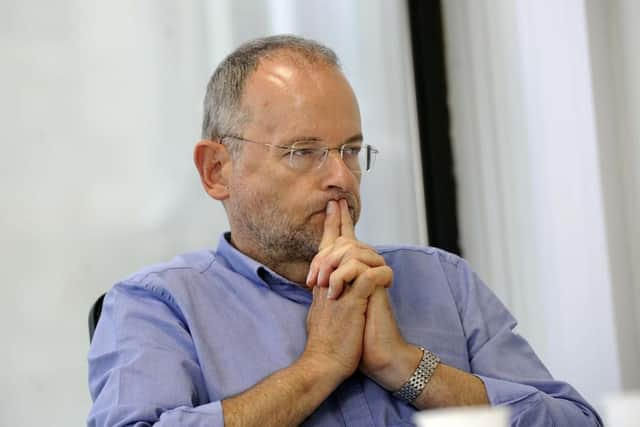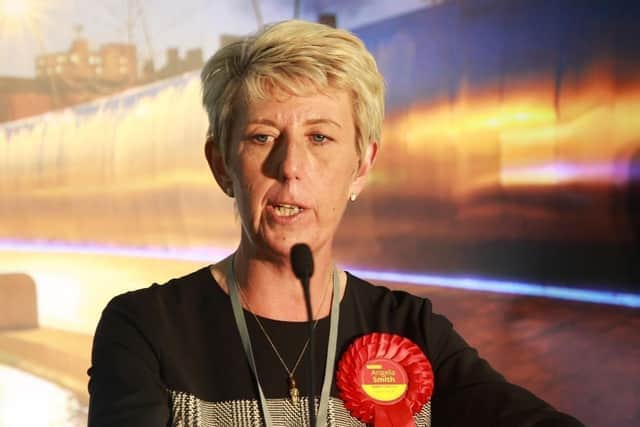Sheffield politicians warn '˜shocking' rise in online abuse is a threat to democracy


Insults aimed at parliamentary candidates on Twitter leapt from around 10,000 during the 2015 general election to just under 25,000 during the 2017 snap general election, the University of Sheffield found.
Professor Kalina Bontcheva, from the university's department of computer science, who led the study, said: 'The increase in abuse towards public figures is a shocking development and one that the UK Government is right to take seriously.


Advertisement
Hide AdAdvertisement
Hide Ad"If people are dissuaded from standing for election, then our representation on a democratic level is under threat.'
Researchers, who analysed more than a million tweets, discovered prominent politicians were subjected to the most abuse but lesser-known MPs actually received more as a proportion of their total Twitter traffic.
They found male MPs and Conservatives were more likely to be targeted.


Sheffield councillor Jayne Dunn has spoken previously of the abuse she has received both online and in person, which left her fearing she would be raped.
Advertisement
Hide AdAdvertisement
Hide AdShe fears the barrage of hate aimed at politicians could deter people from seeking public office.


'Social media's a really useful tool for politicians to keep in touch with what's happening and get messages out quickly, but people seem to think that if you're in the public eye you're a fair target,' she said.
'Trolling for the fun of it has become almost like a blood sport, with people saying things they would never say face-to-face.
'I'm worried it could put people off going into politics. I'm not sure I would have done so had I known beforehand the abuse you get and how everything you say is judged and you're not allowed to laugh, joke or be happy.
Advertisement
Hide AdAdvertisement
Hide Ad'I'm able to take what people say on social media with a pinch of salt but I'm really worried about the effect it has on schoolchildren, and I think bullying on social media needs to be treated as seriously as if it was face-to-face.'
Sheffield Central MP Paul Blomfield, who reported one Facebook user to police after receiving threatening messages, said the study confirmed what most MPs already knew.
But he claimed female MPs were worst affected, often receiving '˜vile misogynistic' abuse via social media.
'I've talked to female MPs who have hit points where they've said '˜I don't know why I'm doing this' because of the abuse they get,' he said.
Advertisement
Hide AdAdvertisement
Hide Ad'It's not healthy for our democracy if we discouraging people from wanting to take on jobs in politics.'
He added that abuse suffered by MPs was just the '˜tip of the iceberg' when it came to social media being misused to stoke division and deliberately misrepresent the facts.
Penistone and Stocksbridge MP Angela Smith said: 'Many MPs, including myself, have over the last few years experienced some sort of abuse on social media.
'In many ways and sadly this abuse is a reflection of society at large and an indication of how intolerant people have become of differing views.
Advertisement
Hide AdAdvertisement
Hide Ad'We have to be honest and say any abuse is unacceptable, no matter where it is perpetrated and needs to be stopped. Â The growth of social media is though allowing people to be abusive anonymously with little or no consequences to them.
'If we want a vibrant democracy this has to stop.'
The study found that in 2015, users who tweeted abusive replies were most concerned with the economy, whereas in 2017 national security topped their agenda.
Sheffield bucked the trend, with a sharp fall in abusive tweets sent to the city's prospective MPs, though that was largely down to one man '“Â Nick Clegg.
During the 2015 election, the then Sheffield Hallam MP and deputy prime minister received 410 abusive tweets, though they constituted less than four per cent of his Twitter timeline.
Advertisement
Hide AdAdvertisement
Hide AdOver the same period, Clive Betts, Paul Blomfield, Louise Haigh and Angela Smith were between them sent six abusive tweets.
During the last election, Mr Blomfield was the only one of the victorious Sheffield MPs to receive an abusive tweet '“Â and that was a solitary tweet.
Doncaster North MP Ed Miliband received 5.6 per cent abusive tweets when he was party leader in 2015, which fell to 3.3 per cent on his return to the backbenches.
The proportion of abusive messages sent to Boris Johnson rose from 6.6 per cent during the 2015 election to 9.3 per cent two years later, while for Jeremy Hunt it leapt from 4.6 per cent to 8.55 per cent.
Responding to the research, Cabinet Office minister Chloe Smith said the government was consulting on new measures to protect candidates from intimidation.
